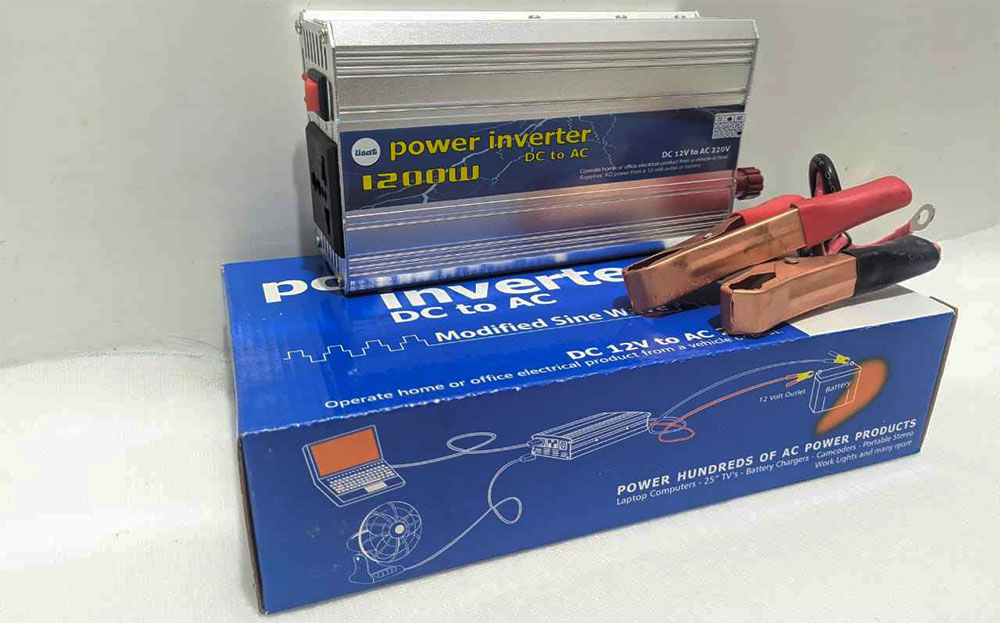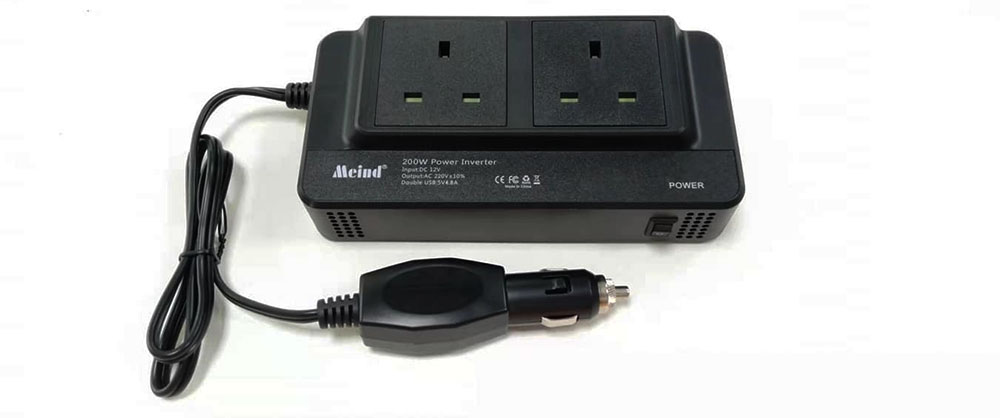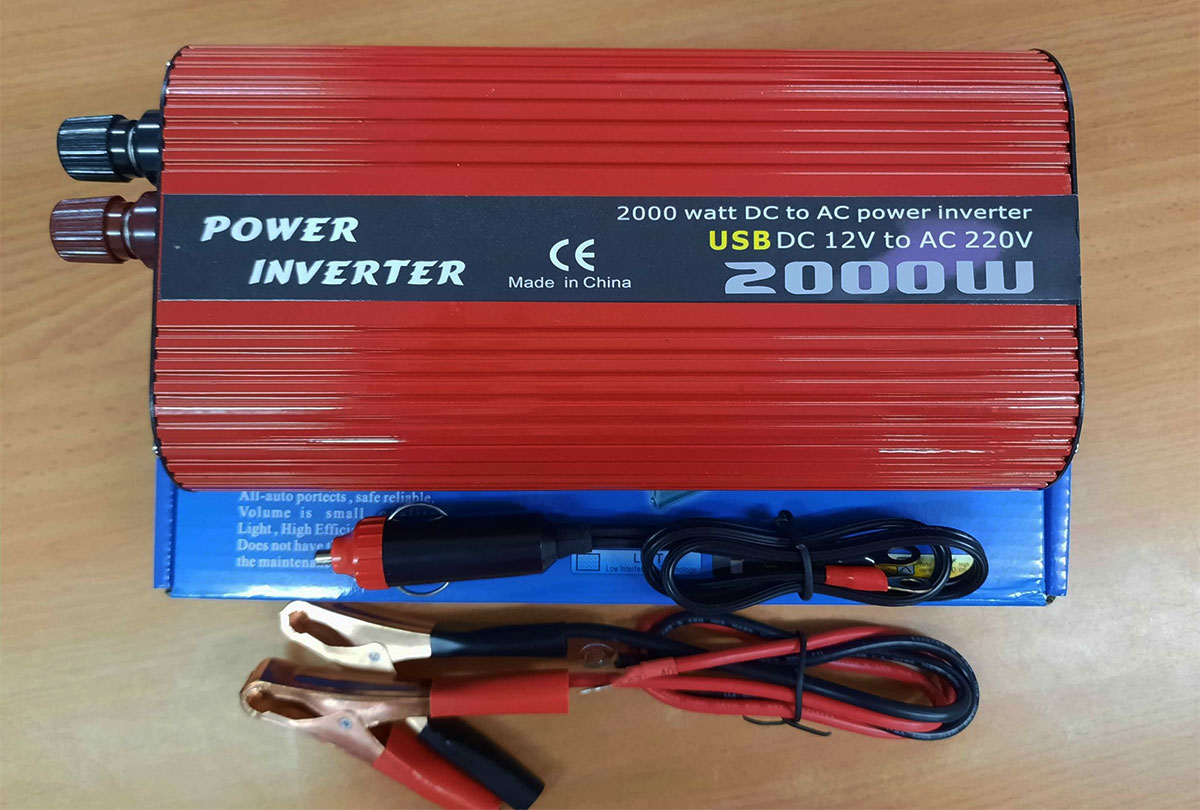Power inverters are often used when there is no access to electricity in your home. They act as a “middle man” between the power source and the appliance you want to use. For example, most people know that when they plug their phone charger into an outlet, it needs to be unplugged when not in use because it drains battery life from the phone battery. The same principle applies to power inverters if you have them plugged into your car’s cigarette lighter. If left on indefinitely, your car battery will drain and eventually die because of this constant draw on its energy supply.
Power inverters can be great for camping trips where you need light at night or other activities outside of the vehicle but shouldn’t be used all day long.
The car power inverter drains the battery
Many people askwill an inverter kill my battery, and it’s a valid concern. However, as you read this article, I will explain how they work and why they may not be good for your car.
Power inverters allow you to plug in things like laptops, tablets, cell phones chargers, etc., to keep them charged during an emergency or when there is no electricity available. The problem is that these devices pull power out of your vehicle’s electrical system, which eventually takes its toll on the battery. So while using a power inverter can help you charge up some of those important items in case of an emergency, it can also cause problems down the road.

The question of whether or not to use power inverters in your vehicle is a complicated one. Many people believe that they are bad for the battery, but this does not hold up when looking at the facts. The best way to find out what will work best for you is by doing some research and finding out how much power your car needs. If it’s less than 500 watts, then an inverter should be just fine! However, if it exceeds 500 watts, then there may be damage to your car battery.
Will a power inverter hurt a car battery?
Do you know what a power inverter is? It’s something that plugs into your cigarette lighter and allows you to run electronics off of the car battery. You’ve probably seen these in cars or trucks with huge batteries, like those for RV camping. But are they bad for your car battery?
There are pros and cons to using a power inverter, but we’ll get into that later on in this post. For now, let’s look at some reasons why someone might want one:
- If they’re parked somewhere without electricity (like an airport parking lot) and need their laptop or cell phone charged up while waiting
- If they’re driving cross country from coast to coast, stopping every few hours along the way.

Power inverters are often used by people who need to charge their phones, laptops, or other electronic devices when they’re on the go. But do they harm your car battery? The answer is complicated because many factors affect how much energy your car battery can store.
However, power inverters draw more current from the alternator than an average load would do – which means you’re draining your battery faster and could cause it to fail prematurely. So if you have an older vehicle with a low-output alternator, this might not be the best option.
Some newer vehicles have intelligent electronics that will sense when there’s a high demand on the electrical system and divert extra power away from non-essential systems.
